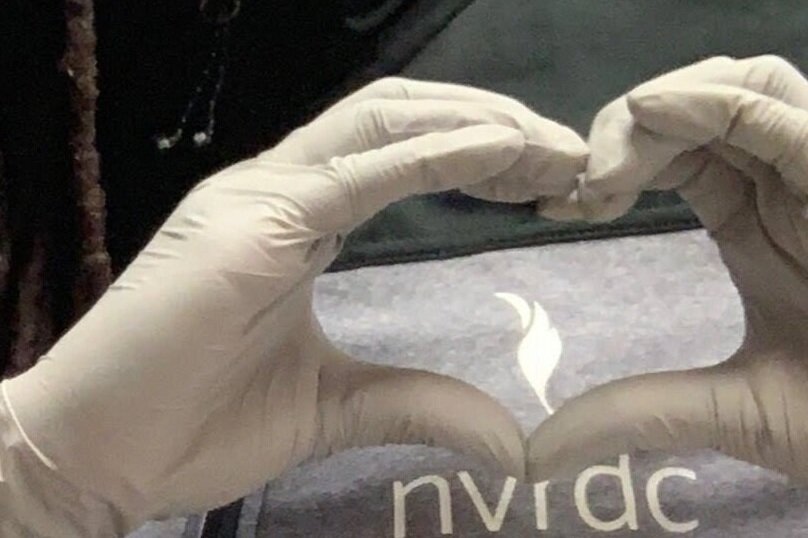In March of this year, DC entered a state of emergency due to the global COVID-19 pandemic and drastically reduced or outright ceased most operations. Almost all pending cases, civil and criminal, were impacted in the form of postponed and rescheduled hearings or trials. Around the same time, criminal defendants who were detained pending trial, as well as inmates currently serving prison sentences for a previous conviction, began filing motions for release. Generally speaking, these motions based the request for release on the health risks posed by COVID-19, the risk of contagion while incarcerated, and other arguments about the specific health risks of the defendant or inmate seeking release.
Read MoreOn May 6, 2020, I joined countless advocates, survivors, administrators, and activists in feeling deep disappointment that the Department of Education (DOE) chose to release new, confusing, and potentially harmful Title IX rules in the middle of a global pandemic. Student-survivors who are in the middle of their schools’ current processes feel the added uncertainty about what will happen if their case isn’t concluded by the new rules’ August 14, 2020 implementation date.
Read MoreCollege students, along with many of us during COVID-19, have had to adjust to this new season. Student-survivors of sexual assault have the added obstacle of managing all of these changes and also dealing with their sexual assault and Title IX cases away from campus.
Read MoreAs DC Superior Court began curtailing operations down to the most essential court functions, our organization worked overtime assessing the impact these changes would have on crime victim’s rights. As an organization we also anticipated that COVID-19 would affect correctional facility’s ability to safely house inmates thus requiring the release of some inmates. The challenge would be to find a way to give victims a voice balanced with the very real threat facing incarcerated men and women from this disease.
Read MoreIf you were sexually assaulted and had to choose between receiving forensic medical care or lessening your risk of exposure to an infectious respiratory disease, what would you decide? How would you rationalize your choice, concluding that one option is more important than the other? What if you were severely injured during the sexual assault? Or what if you have underlying health conditions and are more susceptible to developing serious illness after exposure to COVID-19? Coming to such a decision is the reality of the survivors we serve; forensic medical care for sexual assault and intimate partner violence is provided at one central location in Washington, DC.
Read More





